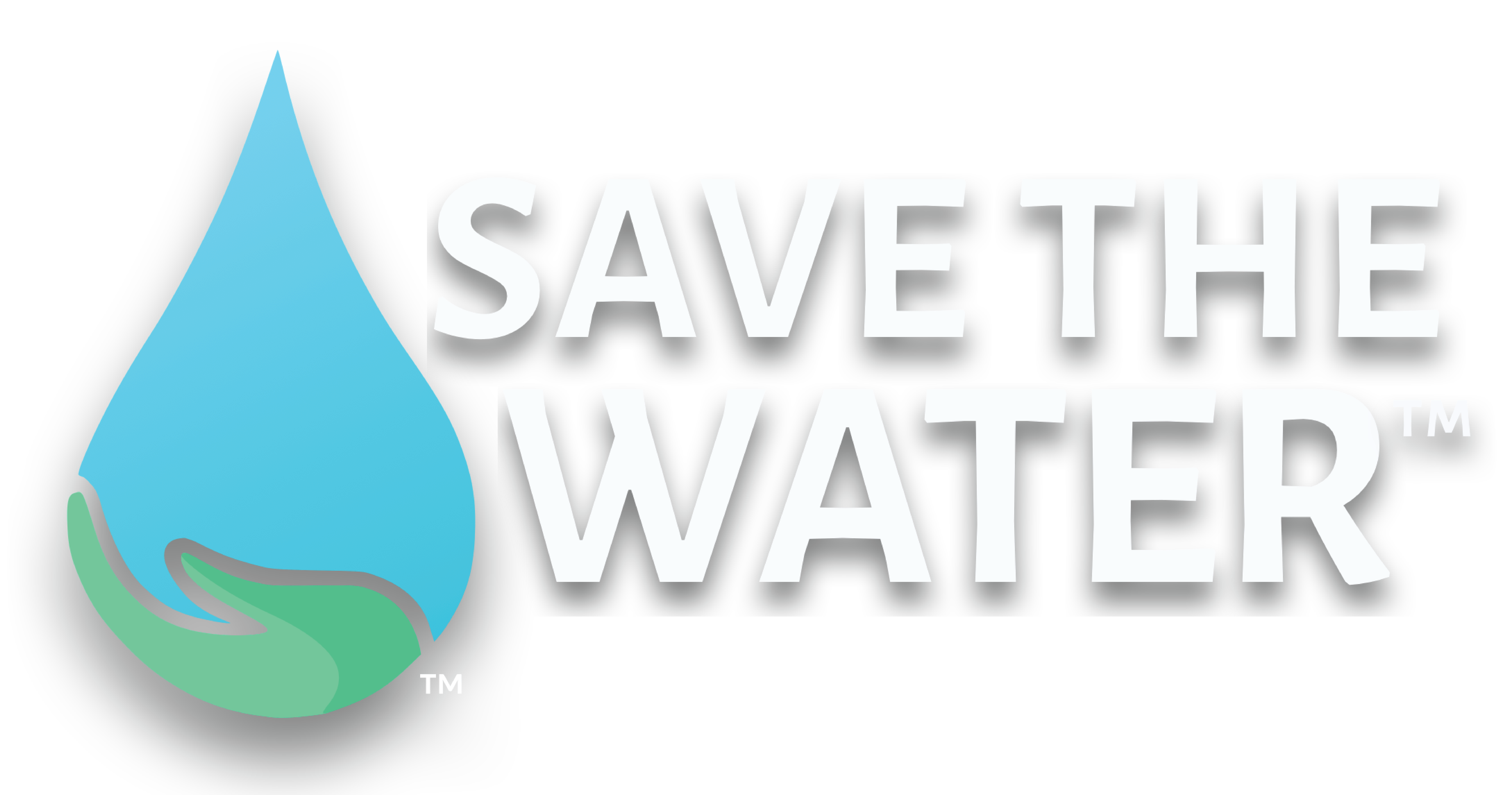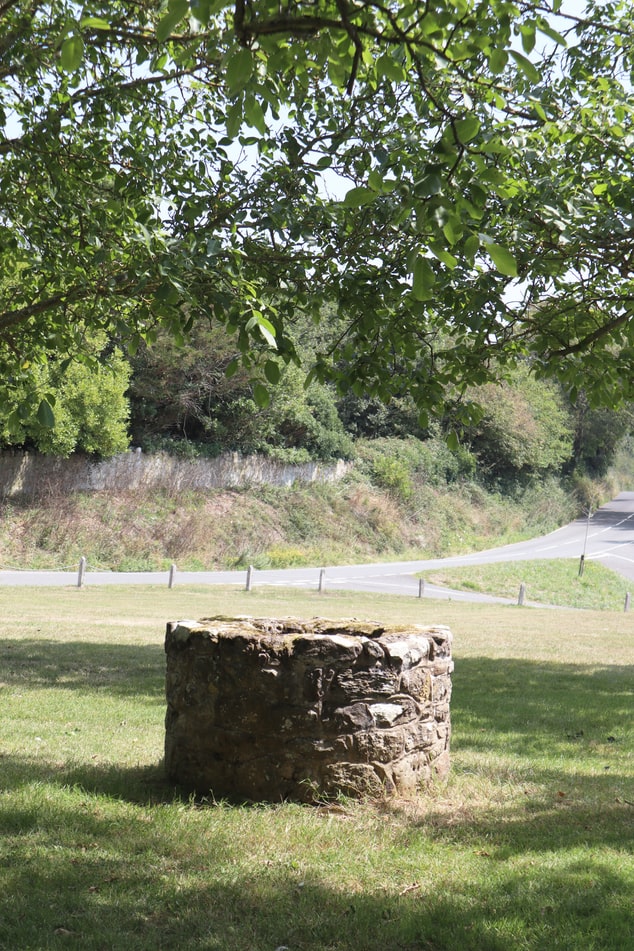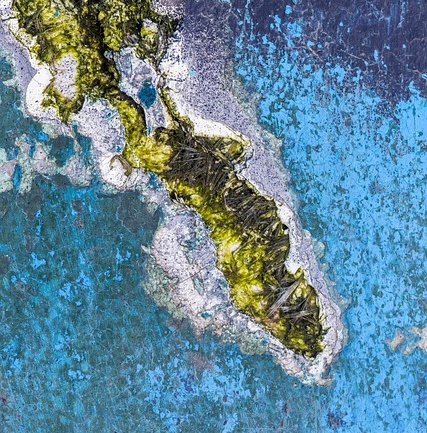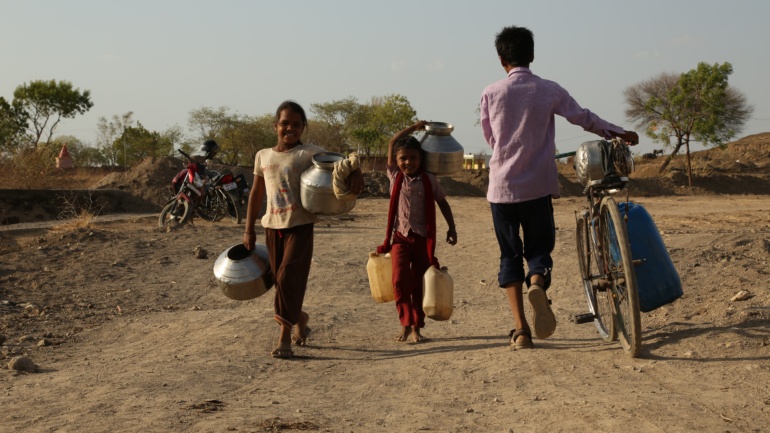We couldn’t have said it better than the U.S. Centers for Disease Control and Prevention: “All groundwater sources should be protected from contamination (germs and harmful chemicals).”1 For the environment, our health, and all future generations, we must all protect the quality of our groundwater. Chances are high that you drink groundwater. Whether you have water from a public system (one run by a company, city, or county) or a private system (your private well), here are steps you can take to make sure you and your family are safe.
Basic Facts About Groundwater
First, what is groundwater? A simple definition of groundwater is, “any water found underground in the cracks and pores in soil, sand, or rock.”2
Second, where does groundwater come from? Simply put, when it rains, the rainwater seeps into the ground. This is groundwater.2
Third, is groundwater easy to replenish? No. It can take a very long time to replenish groundwater; this is even more true in places like deserts.2 In fact, it can take thousands of years to completely replace groundwater.2
Do Americans drink groundwater? Yes.
Groundwater is important. In the United States alone, it provides about 25 percent of all freshwater.2 About 145 million Americans drink groundwater from their household tap water.1 According to a July 2018 estimate, the entire American population is around 327 million.3 Therefore, over a third of Americans rely on groundwater for drinking water.
Approximately one-third of Americans, or about 102 million individuals, drink water from public water systems that rely on groundwater.1 Because these systems are public, the U.S. Environmental Protection Agency (EPA) regulates the quality of their drinking water. Furthermore, the EPA issues specific rules and guidelines about what can and can’t be in the water and about how to treat it.
According to a 2017 survey, about 13 million American households depend on private wells for drinking water. In all, about 43 million Americans get their water from private groundwater wells.1
Does the U.S. Environmental Protection Agency (EPA) regulate these private wells? No.4 To help people and to their protect health, however, the EPA does provide guidance about safe drinking water and water testing. But private well owners are responsible for making sure that their water is safe for drinking.4
What can make groundwater unsafe?
Here are some of the sources of harmful germs and chemicals that can contaminate groundwater:1
- Naturally occurring elements such as arsenic (poison in high concentrations) and radon (radioactive chemical)
- Fertilizers that are used incorrectly
- Pesticides that are used incorrectly
- Septic systems
- Wastes
- Mining
- Construction
- Chemical spills1
There are several possible health problems from drinking contaminated groundwater, including diarrhea, reproductive problems, and nervous system disorders.1
What can I do to make sure my groundwater is safe?
The EPA requires that many of these public water systems provide reports to water consumers. You can look up your local water report, called a “consumer confidence report,” here: https://www.cdc.gov/healthywater/drinking/public/understanding_ccr.html.
If you have your own private well, you can find information about how to protect your well water here: https://www.cdc.gov/healthywater/drinking/private/wells/maintenance.html.
References
- U.S. Centers for Disease Control and Prevention. “Groundwater Awareness Week.” https://www.cdc.gov/healthywater/observances/gaw.html
- Mandler, B. March 2017. “Groundwater use in the United States.” American Geosciences Institute (AGI). https://bit.ly/2LQ84EJ
- U.S. Census Bureau. QuickFacts United States: Population estimates, July 1, 2018. https://www.census.gov/quickfacts/fact/table/US/PST045218
- U.S. Environmental Protection Agency. “Private Drinking Water Wells.” https://www.epa.gov/privatewells
“Mission Well”by SLV Native is licensed under CC BY-NC-SA 2.0





